News
Updates on the projects and events tied to the Roslin Institute's aquaculture team.
18/06/2024 - Shellfish biotechnology workshop
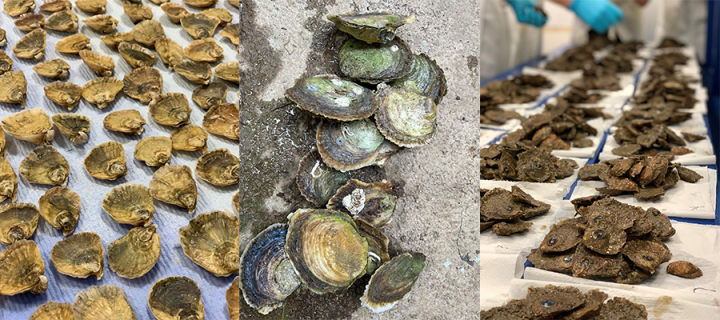
Roslin Institute workshop 18th June 2024
World Congress of Genetics Applied to Livestock Production

Roslin aquaculture team attend WCGALP 2022
Entire Aquaculture group convenes for summer
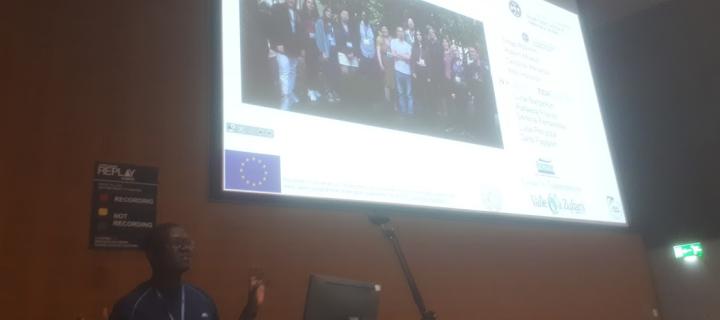
Jianxuan, Lavanya, and Robert presented work for discussion at our second mass meeting.
New tech on the west coast
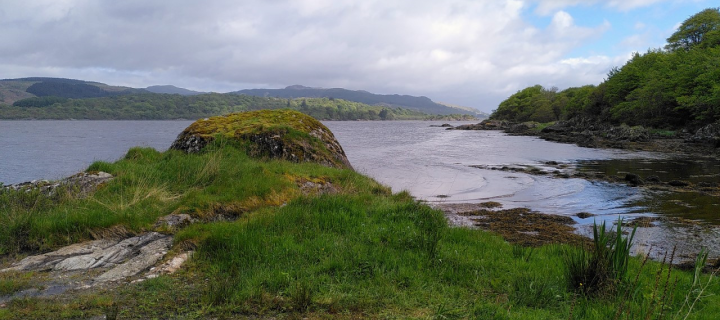
Lavanya describes her recent fieldwork with oysters in Argyll.
Tim's report on the SAMS Seaweed Academy
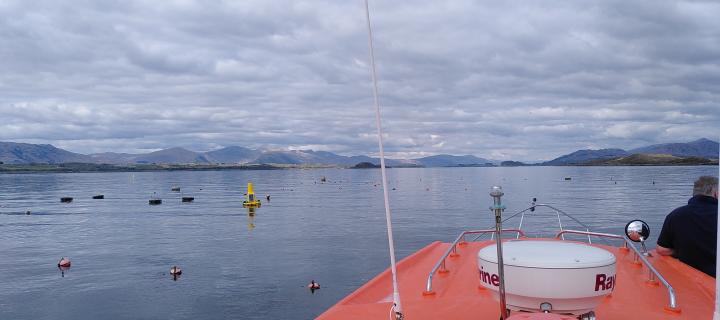
Tim Regan recounts his recent trip to the Scottish Association for Marine Science in Oban.
The Aquaculture team's mass meeting
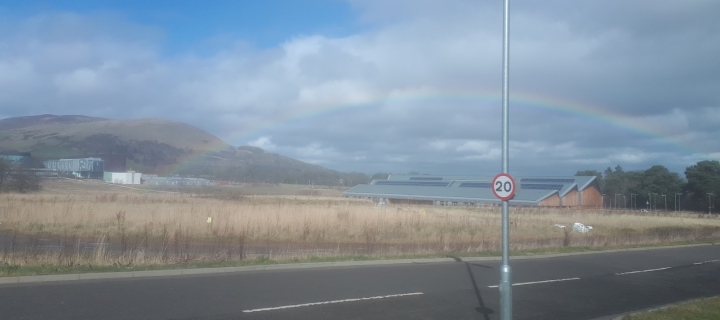
Students and staff convened for a multi-group gathering to discuss our ongoing projects.
New arrivals at the Roslin Institute

Visitors and new postdoctoral researchers are arriving throughout 2022 to join our team.
Ross Houston departs the Roslin Institute
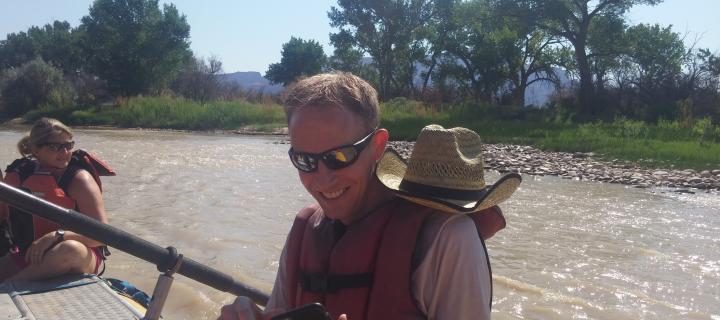
The team recounts their time working with our esteemed Personal Chair of Aquaculture Genetics.
Report on the World Aquaculture Society Meeting
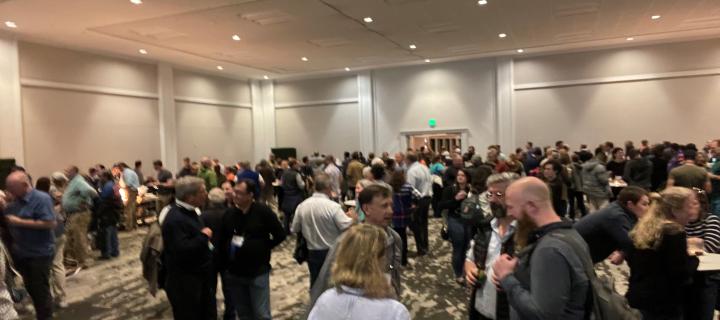
The Aquaculture team reflects on their trip to San Diego for an international conference.
Update on the AquaLeap Consortium Project

The AquaLeap consortium project's annual general meeting addressed its findings, progress, and next steps.
A new reference genome assembly for Ostrea edulis
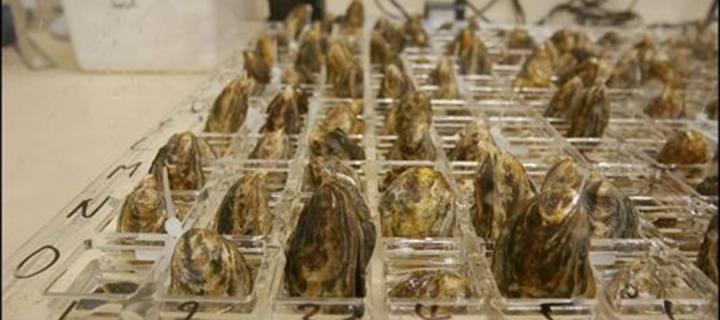
AquaLeap representatives from the University and industry outline their method for studying this pervasive disease.
Developing genomic tools to support lobster aquaculture

AquaLeap colleagues from Exeter and Cefas report on their European lobster reference genome.
Towards genetic resistance to Bonamia in European oyster
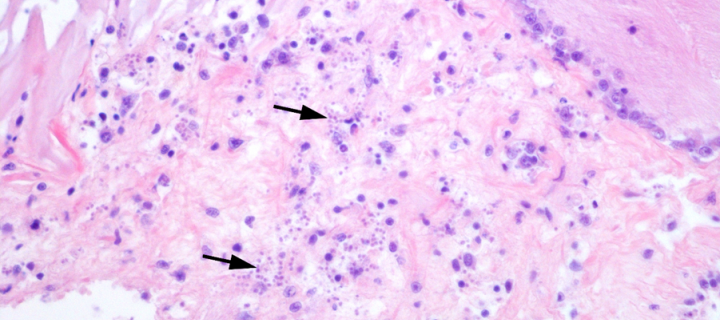
AquaLeap representatives from the University and industry outline their method for studying this pervasive disease.
Yehwa takes leaps forward in genome editing of salmon
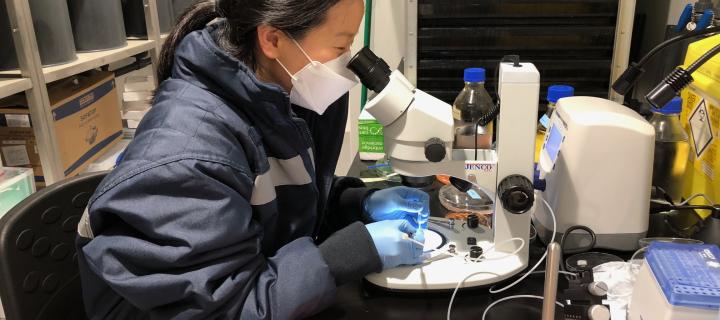
Dr Yehwa Jin updates us on her genome editing work as part of the AquaLeap project.
What lies beneath – the complexity of salmonid genomes revealed
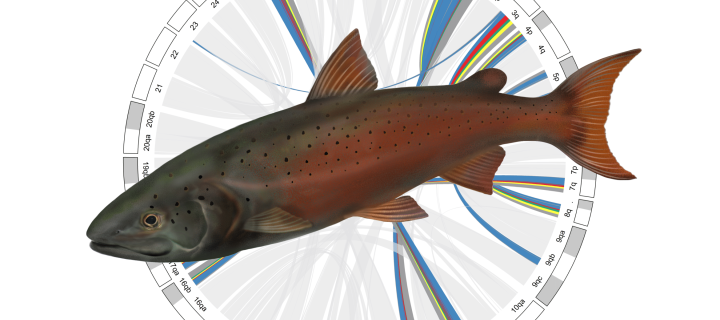
Dan Macqueen and Manu Kumar Gundappa contributed to a new international study.
Research project to improve oyster disease detection begins

This recently-funded project aims to better understand shellfish disease and develop tools to diagnose and prevent outbreaks.
Welcome to the new Roslin shrimp facility
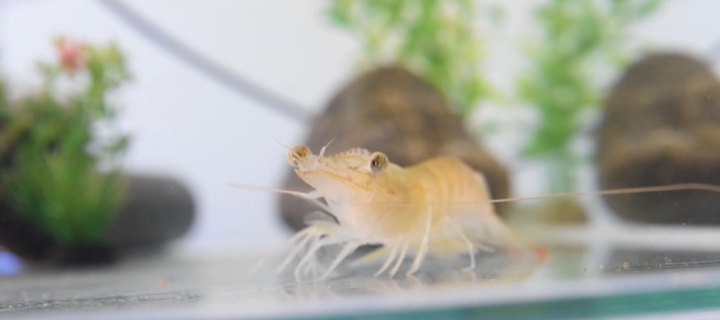
Our new shrimp aquarium helps kick start research into genetics and health of globally-important shrimp species.
New partnership with the St Abbs Marine Station
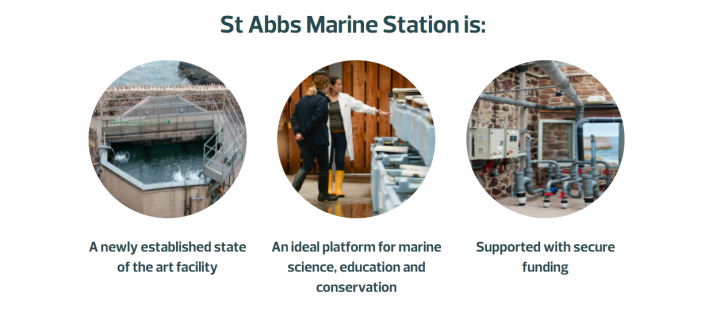
This collaboration will encourage innovative marine biology research in collaboration with the facility.
A high-quality genome assembly for Pacific oyster to enable genetics and genomics research
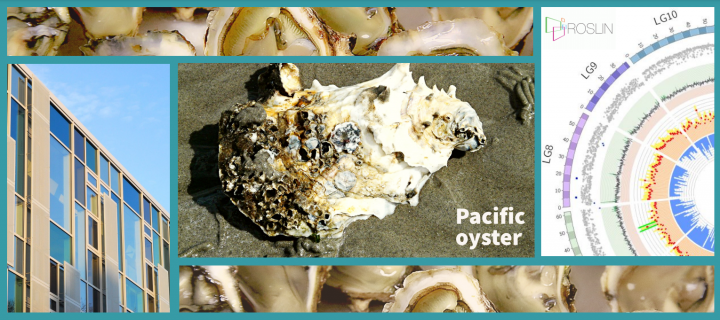
Dr Carolina Peñaloza recounts her work advancing a publicly accessible genome assembly.
Review article highlights importance of genetics in sustainable growth of UK aquaculture
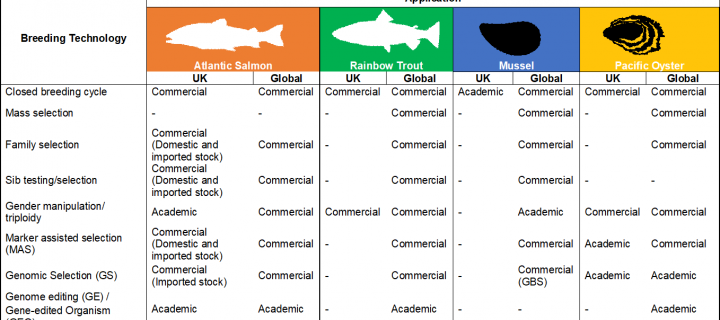
Tim Regan discusses the genetic improvement technologies in his new open access article.
New paper improves knowledge of genetic resistance to bacterial disease in salmon
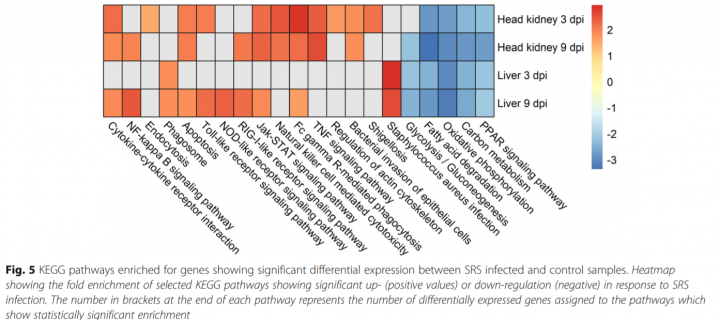
PhD student Carolina Moraleda Chiang celebrates her new article in BMC Genomics.
The AquaLeap 2021 Annual Meeting
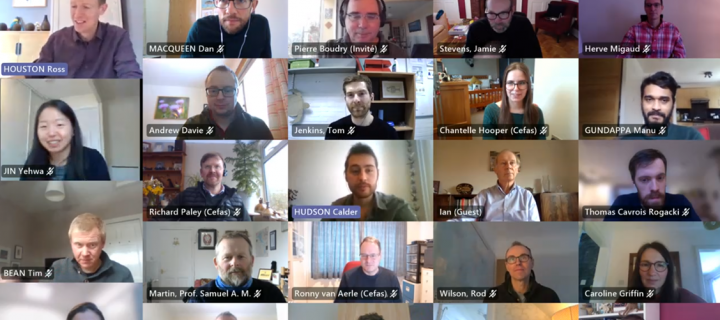
AquaLeap's 2021 meeting, convened online, showcased some exciting updates and plans for the coming year.
The 2020-2021 aquaculture seminar series

The Roslin Institute's redesigned aquaculture seminar series is in full swing.
New paper on structural variation in Atlantic salmon genome
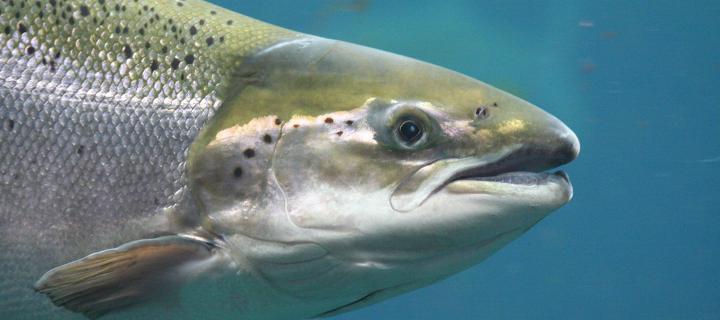
Read all about the team's latest discoveries, related to structural variation in salmon and insight into differences between wild and domesticated salmon genomes.
Four new PhD students join the aquaculture team
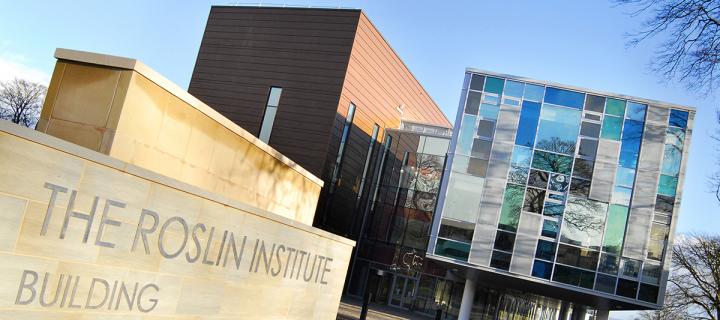
Welcome to the new cohort of students joining us to study diverse topics and species.
Gene-editing tool for disease resistance in fish

The newest gene-editing tool developed at the Roslin Institute is making a splash!
The AquaLeap 2020 Newsletter
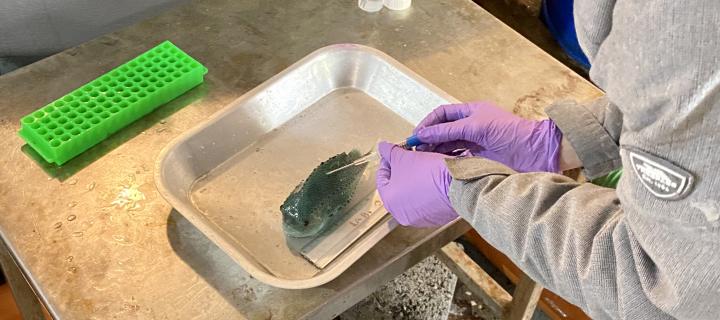
We take a close look at the ongoing research within the AquaLeap consortium project, which is applying innovation in genetics and breeding to help advance UK aquaculture.
Genomics on parade
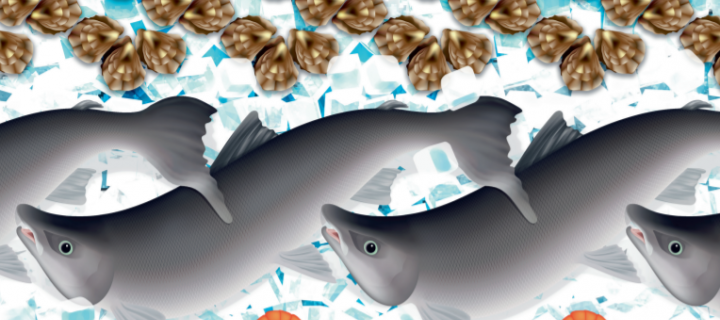
Our team’s new research featured on the cover of Nature Reviews Genetics.
FAO Report on the State of Global Fisheries and Aquaculture 2020
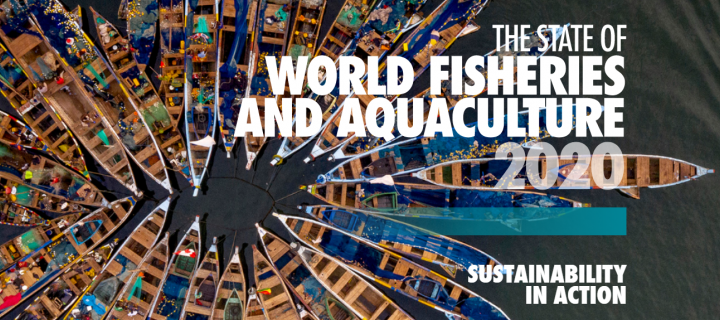
The United Nations’ new review emphasises sustainability in aquaculture.
The way to Weymouth

Robert Potts reports on his work with the Centre for Environment, Fisheries and Aquaculture Science.

